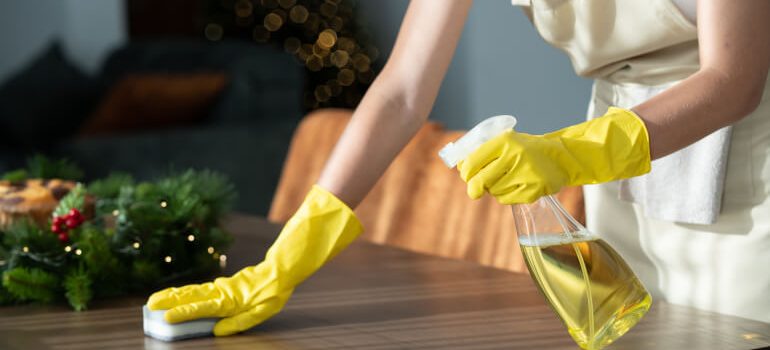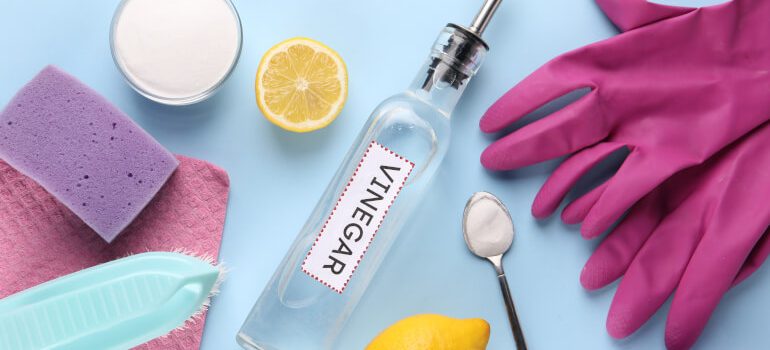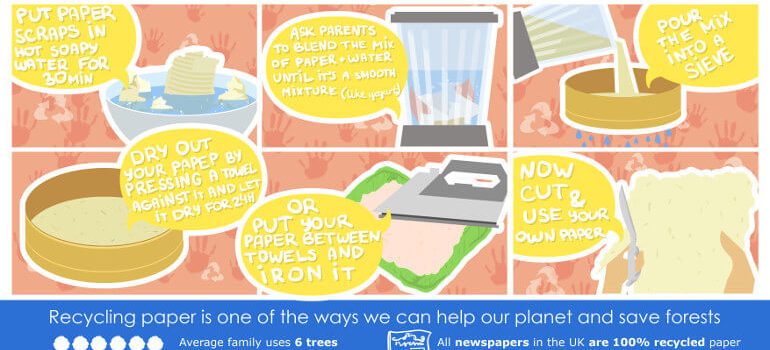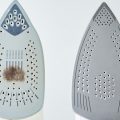Go Green
Holiday Magic in a Bottle: Make Your Own Christmas Cleaning Sprays and Turn the House Tidying into Joy!

On all festive occasions, and especially Christmas, we like our homes to look their very best. Who hasn’t spent a substantial amount of time degreasing the burnt-on spills in the oven or scrubbing away a sticky chocolate stain on the carpet? Finding the right detergent really helps, and if it sm ... Read More
Can You Use Malt Vinegar for Cleaning?

Natural cleaning is quietly reclaiming its place in most homes. Many are searching for simpler and safer options to maintain their houses germ-free. Vinegar, once reserved only for chips or as a drizzle on salads, has evolved into a multi-purpose cleaner. Malt vinegar, in particular, has begun r ... Read More
Revive Your Leather Couch: Natural Ways to Condition Your Sofa Successfully

Leather furniture adds an elegant touch to any space. That is, of course, if you know how to care for it properly. However, if your sofa is looking a little worn or a tad bit dry, don’t fret. There’s no need to splash out on expensive treatments or aggressive products just yet. This DIY guide... Read More
How Do Enzymes in Cleaning Detergents Work?

Source: Shutterstock / Author: Evgeny Atamanenko Whenever you browse the laundry detergent aisle at the supermarket or see an advert on television, you are probably inundated by a choice of brands, as well as by a decision between biological or non-biological products. Like so many people, for a ... Read More
6 Steps to Recycle Paper at Home Easily

What material is number one in the hard waste flow? Before you shout out “plastic!”, why don’t you look around your classroom? What do you see? Posters? Notebooks? Boxes? Textbooks? Tables, decorated with colourful paper? There lies your answer. Paper is everywhere. Paper comes in different size ... Read More








